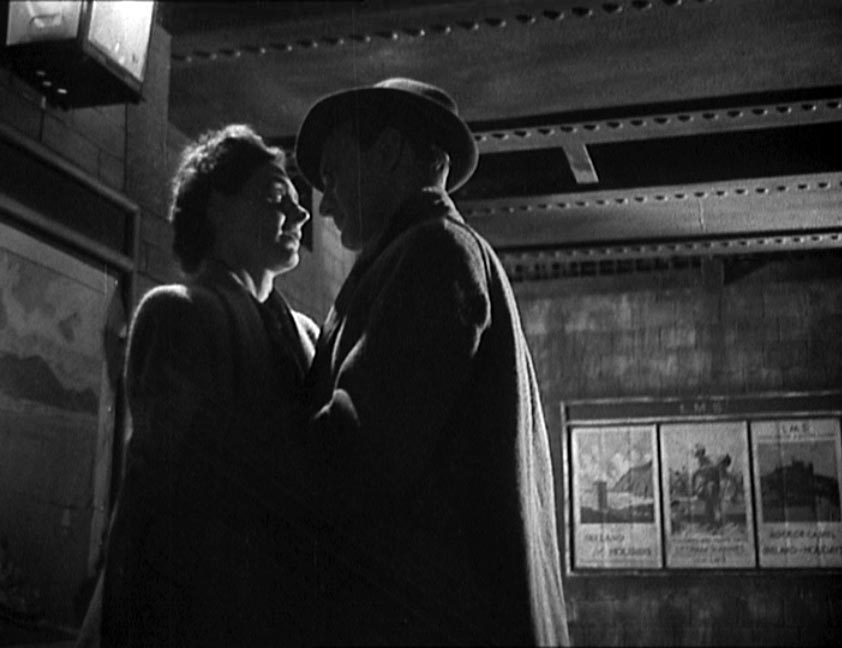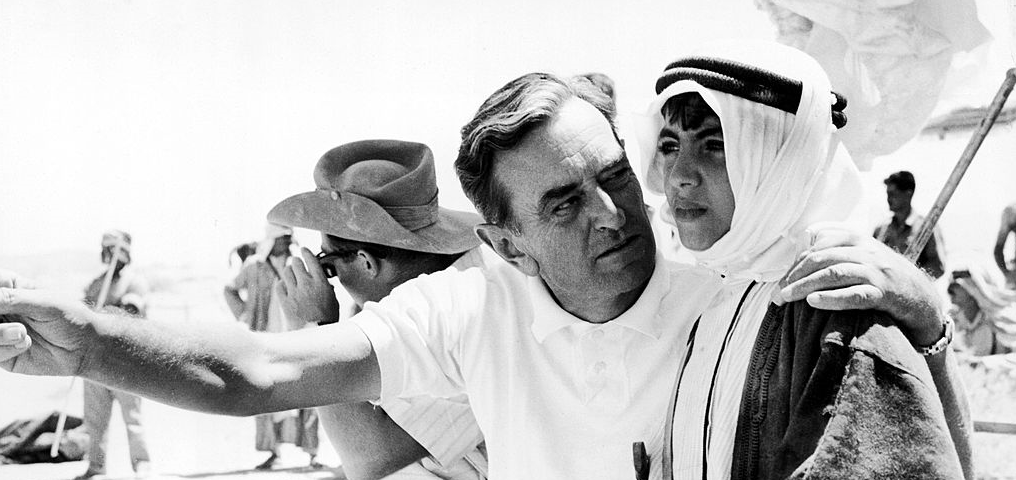I’ve always felt that it’s important for filmmakers to study filmmakers. If you like a movie, you should find out who directed it, then explore that director’s work, read interviews by them and watch any behind the scenes material you can find. You should have an insatiable appetite for learning more about film.
I recently watched a documentary called David Lean: A Self Portrait on Filmstruck. Here are a few lessons I learned from the master director.
1. Don’t Trust the First Reaction to Your Movie

When David Lean first saw his film Brief Encounter at a public screening, the audience laughed mockingly at his heartfelt romance. Lean took this so hard that he wanted to go find the negative and burn it. Thankfully, he did not. The movie is now considered a masterpiece, released by the Criterion Collection and written about for decades. I’ve seen it and can attest that it’s one of the best romantic films ever made.
The audience can be wrong. We all come to movies with a mood, the feelings of that day or even that era. I found it encouraging to note that even David Lean experienced a terrible first reaction for a film that would eventually be appreciated. In the end, the audience reaction to your movie cannot be predicted or controlled. Further, it isn’t a definitive conclusion of the film’s worth.
2. Sometimes Knowing Little About Your Subject is Good
I was quite surprised that the director of Great Expectations and Oliver Twist, considered to be two of the best adaptations of Charles Dickens novels, admitted he didn’t know much about the author or his work when approaching it. Lean said, “It came off because I didn’t know anything about Dickens. When I read the book it excited me and I just tried to put on the screen what excited me from the page.”

I feel like what you’re supposed to do when approaching the subject of a film is research, research, research. However, there is value with coming in mostly clean. Too much information can get in the way of just presenting the story. It’s a way of overthinking the material instead of just realizing it on screen. It was nice to hear Lean confirm some instincts I’ve had these past few years.
3. “I Don’t Believe in Not Explaining Scenes to Extras.”
It’s easy on set when dealing with crowds to just move them around here and there without giving these folks any motivation or context for the scene. They’re “background” right? I’ve certainly been guilty as seeing them as anything but…

It was a bit of a wake up call to hear Mr. Lean, the director of such epics as The Bridge on the River Kwai and Lawrence of Arabia, explain the necessary of creating context for his extras. Like anything, this adds true texture to the scenes. Just as the camera can pick up on the secrets in an actor’s eyes, I now realize it must be able to see whether these background folks really understand what they’re doing or not.
Again, I can’t recommend enough that filmmakers (and that means actors too) study their craft in and out, watching such valuable documentaries as this one.
-Travis Mills


